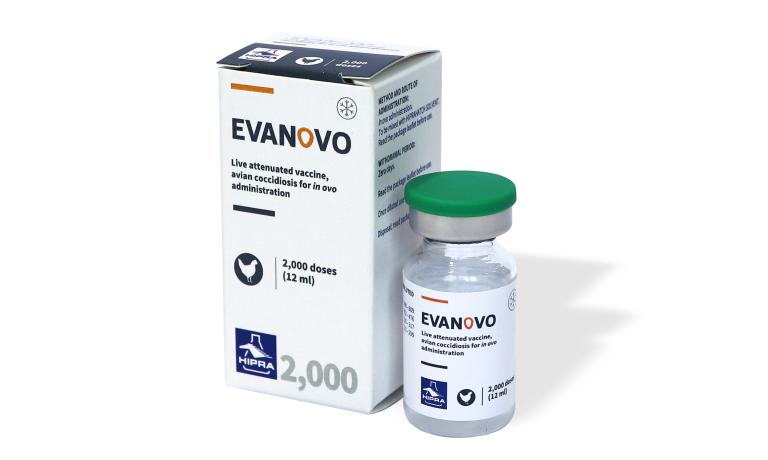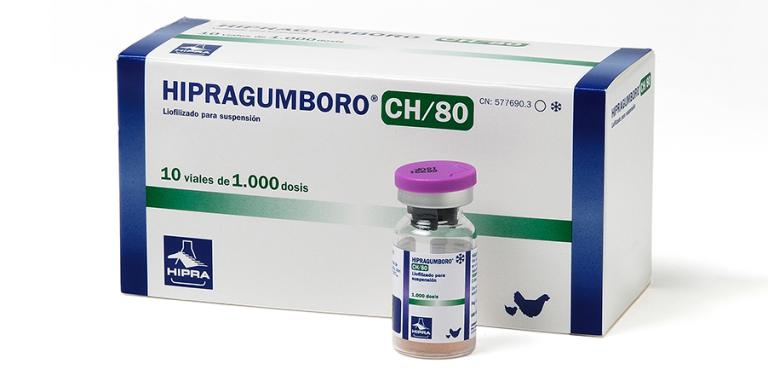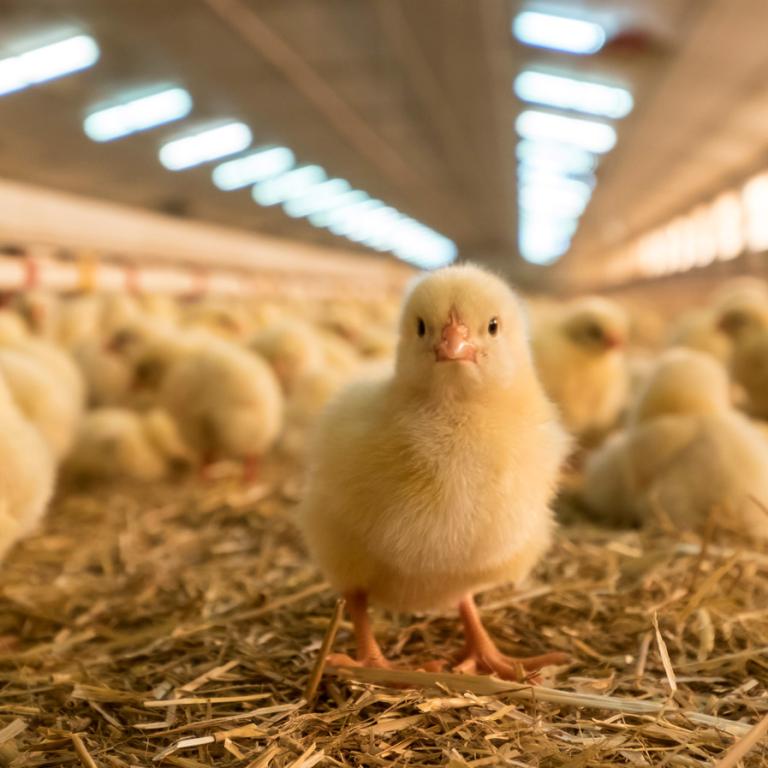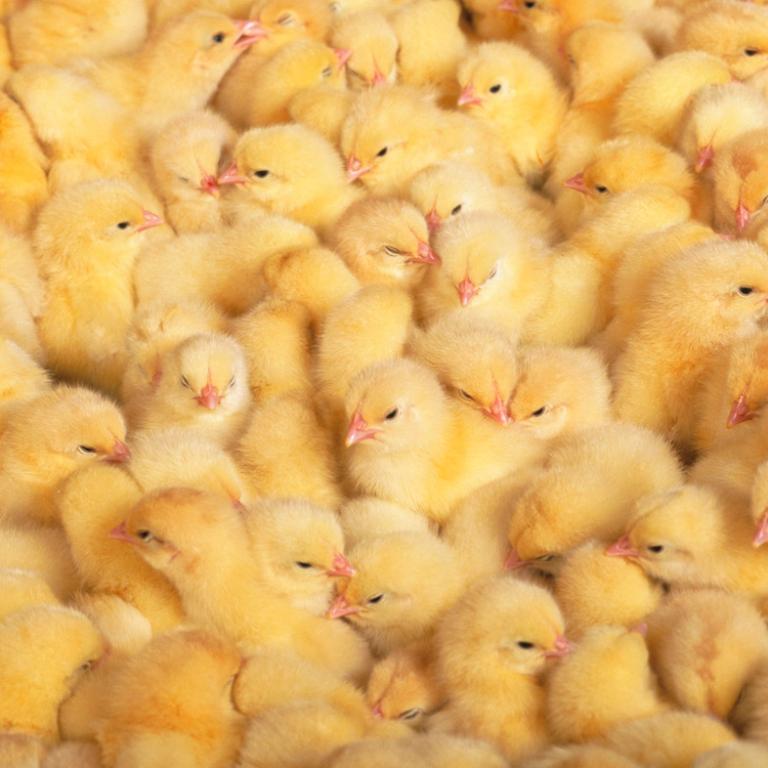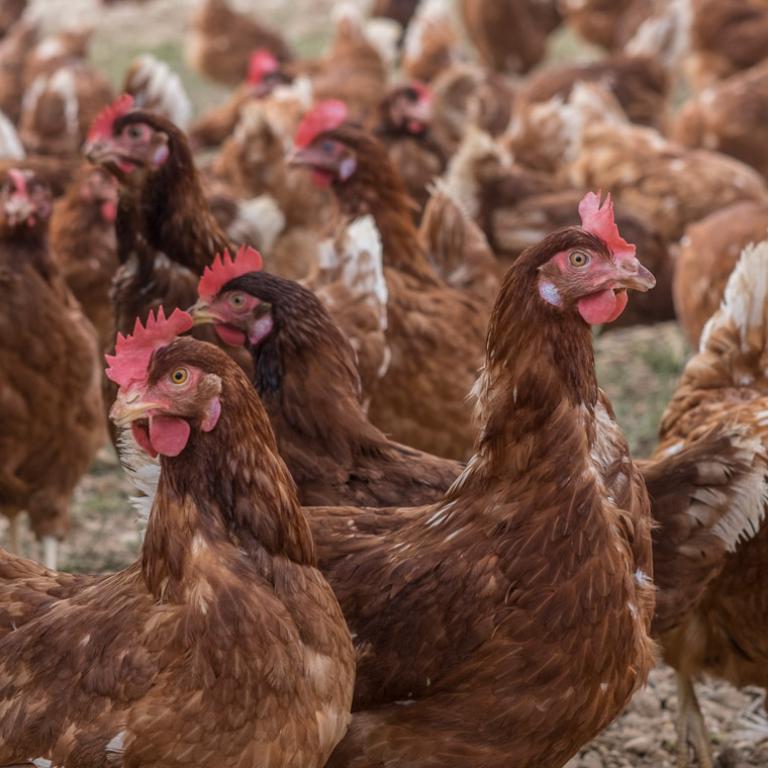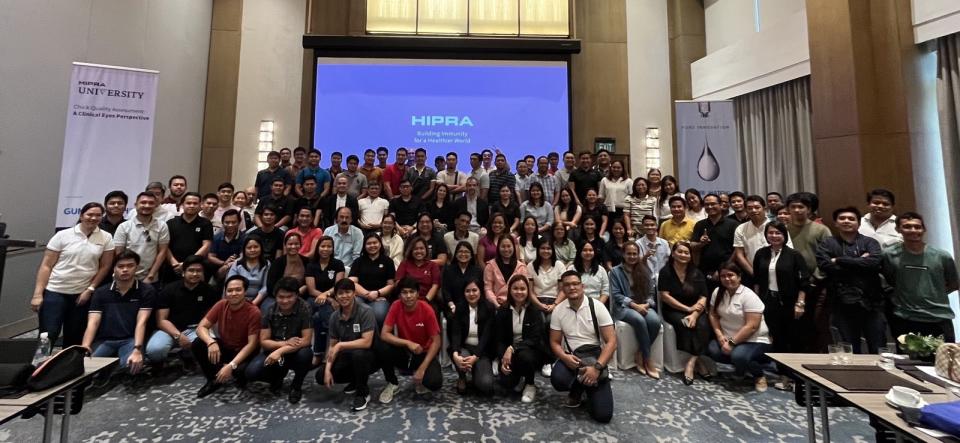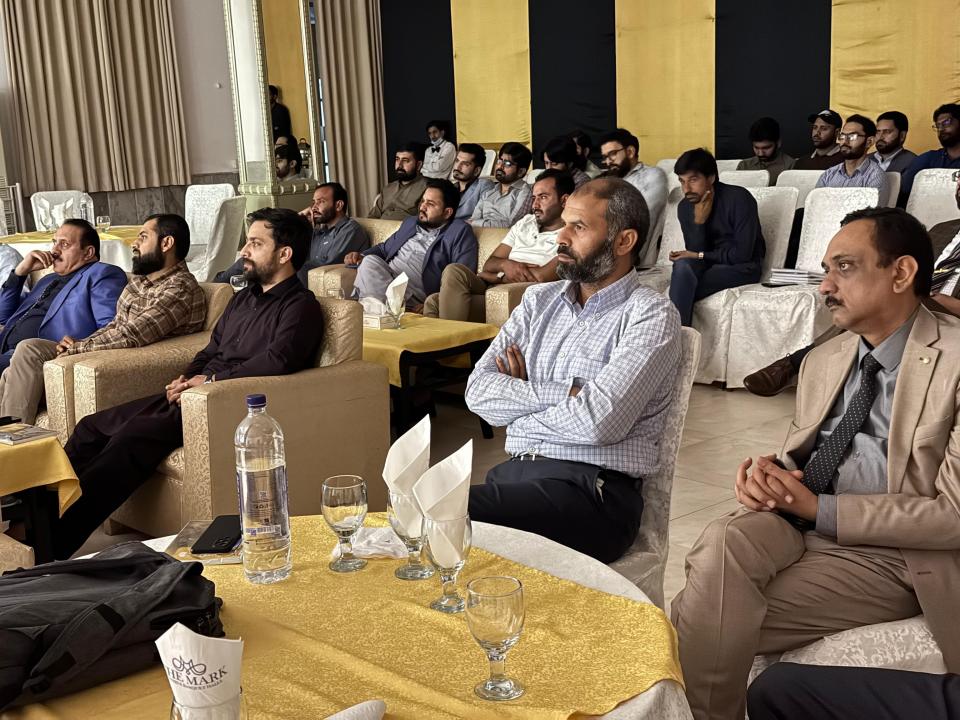It is our responsibility to search for and choose the right tools to deal with coccidiosis in poultry with current consumer preferences tending towards the purchase of products from livestock grown using sustainable methods.
Dealing with coccidiosis by reducing the use of antibiotics: is it sustainable? (Part 2)

Because of worldwide concern about drug resistance associated with the immoderate use of antibiotics in poultry production, there has been a major effort to find alternative treatment and methods of prevention.
There is a greater demand for products from sustainable livestock and the higher prices may encourage the farmer. All these factors are in addition to the strongly held beliefs of many consumers that broilers reared with less antibiotic use not only provide additional health benefits to them and their families, but also that sustainable farming practices provide long-term environmental benefits.
It is well known that the major use of antibiotics in poultry farming is linked to coccidiosis prevention and treatment. Therefore, this is the starting point for thinking about reducing their use.
First of all, a biosecurity program needs to be implemented and well managed. It is an everyday goal. The program should address points such as controlling access by individuals, cleaning and disinfection, feed and water quality, access by other animals.
The second step is to study the available alternatives for dealing with coccidiosis. Researchers like Niewold in 2007 have suggested that the unique and highly reproducible effects of in-feed antibiotics may be due to the prevention of immunological stress or their anti-inflammatory effect rather than their antimicrobial role, and this should be considered when searching for new compounds to be used as replacements.
Since we know that prevention it is a key point in sustainable animal farming, vaccination is an important tool to be considered.
Over the past 10 years, experiences in the field have provided data regarding this cost/benefit ratio, derived from the use of rotation programs with precocious attenuated vaccines, such as HIPRACOX®.
Rotation programs allow the poultry farmer to decide on the use of fewer preventive antibiotics -anticoccidials- and to decrease coccidiosis lesions, which means less use of antibiotics as treatment.
This is a long term plan, in which every decision must be taken in a responsible way. Using the right tools, success can be achieved in the matter of coccidiosis with the use of sustainable methods.
REFERENCES:
- Niewold T. A. 2007. "The nonantibiotic anti-inflammatory effect of antimicrobial growth promoters, the real mode of action? A hypothesis". Poultry Science, vol. 86 (4), 605-609.
Những ấn phẩm liên quan
Khám phá những tin tức mới nhất của chúng tôi


